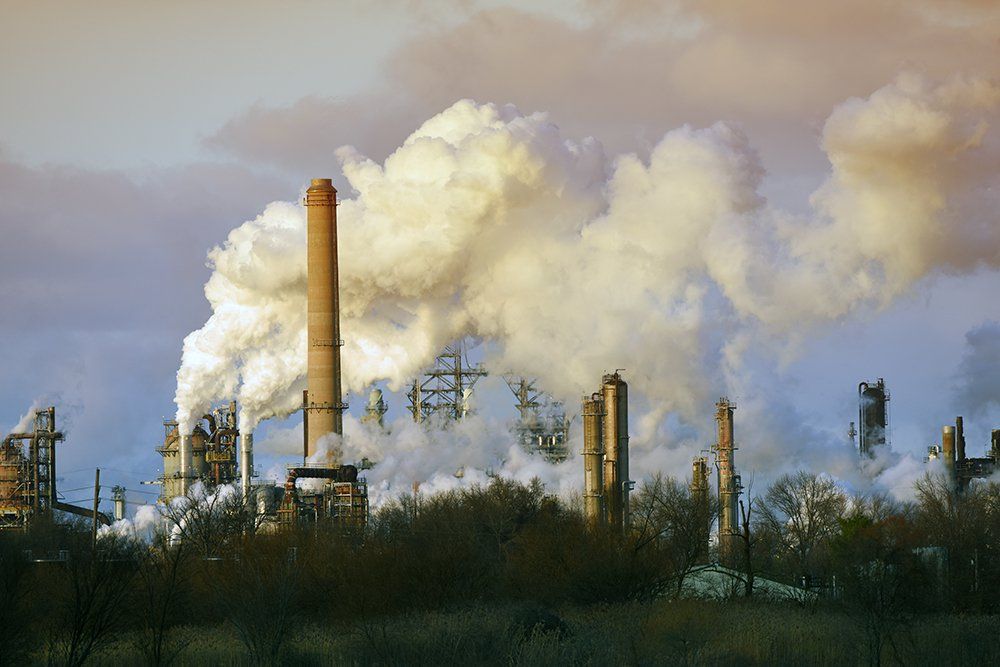New Zealand called for reducing subsidies for fossil fuels in the framework of the Asia-Pacific Economic Cooperation (APEC) forum.
That point was already raised last year by the APEC Business Advisory Council (ABAC), made up of three company executives from each member economy.
«(Support in the WTO is required) for the initiative to eliminate inefficient fossil fuel subsidies, in line with the commitment to transition to a low-carbon economy, in response to climate change,» said ABAC in its latest report.
As APEC chairman in turn, New Zealand will push member economies to commit to reducing fossil fuel subsidies as part of a focus on environmental sustainability, Prime Minister Jacinda Ardern said this week.
«We look forward to seeing leadership and a commitment from APEC economies to phase out fossil fuel subsidies as we lead the role of APEC President,» Ardern said during a live-streamed discussion with the Executive Vice President of the United States Chamber of Commerce.
Fossil fuels
Despite short-term challenges, ABAC believes that support for a low-carbon model and new energy, along with investments in energy infrastructure, will support the post-pandemic economic recovery and drive sustainable development.
Therefore, ABAC supports collective efforts to advance decarbonization under a long-term vision, as reflected in the UN SDGs.
To better build resilience to risks arising from crises similar to those of Covid-19, said ABAC, APEC economies must continue to accelerate the energy transition from fossil fuels to renewable energy sources in ways and rates appropriate to the situation of each member economy, including by harnessing natural gas as a transition fuel, improving the efficiency of materials and resources as illustrated in the 2030 Agenda for Sustainable Development, and implementing the commitment they have already made to eliminate the use of inefficient fossil fuel subsidies.
![]()

